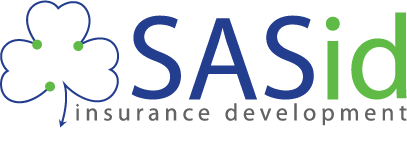- Assignable Benefit – A way or method an insurance plan is designed to pay benefits. Â Assignable benefits pay directly to the doctor or hospital rather than directly to you. Â This is the most desirable method of payment since it eliminates the need for you to be involved.
- Carrier – The insurance carrier assumes the risk on an insurance plan. Â They provide the benefits of the plan and issue payment for claims.
- Certificate of Insurance –  The document issued by the insurance company including the effective date, type of insurance coverage purchased, the specific coverage amounts of your plan and schedule of benefits.  It’s important to review your Certificate of Insurance fully upon purchasing your plan.
- Claims – The formal request a doctor or hospital submits to an insurance company to receive payment for the services they provide to an insured person.
- Deductible – Â The dollar amount that must be paid before the insurance company will pay their portion of the benefit.
- EOB – Short for “Explanation of Benefits”, an EOB is the statement an insurance company issue to the planholder explaining what medical services they paid a benefit for. Â An EOB is not a bill but rather a summary of the claims received and benefits applied according to your schedule of benefits.
- Excess Benefit – The term defining the specific order for which a benefit is to be paid. Â An excess benefit will pay last, after all other eligible benefits have been paid out.
- Guaranteed Acceptance – An insurance term meaning there is no “review period” before the applicant is approved.
- Indemnity – A style of insurance plan that pays a set dollar benefit for a specific procedure or service.
- Surgical Schedule – A list of surgical procedures, often in excess of 5,000, and the insurance benefit available for each.
